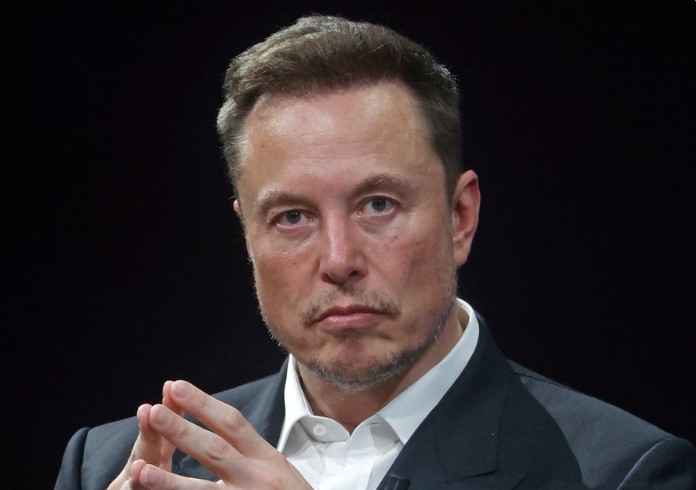The technological world, in recent times, has been filled not only with the usual and beautiful innovations, but also with very long controversies. Once again Elon Musk places himself at the center of one of them. This time he is suing OpenAI, the developer of ChatGPT.
Table of Contents
Elon Musk sues Sam Altman and OpenAI: here’s why
At the beginning of March 2024, Elon Musk filed a lawsuit in a San Francisco court targeting the company OpenAI, as well as its CEO, Sam Altman, and its president, Greg Brockman.
OpenAI, for those who aren’t aware, is the company that developed ChatGPT, the well-known AI capable of starting a real technological revolution. A new course made of innovations and new conveniences, but also of the now known dangers of Artificial Intelligence.
But let’s go back to the cause, and above all to its reason. Elon Musk believes that OpenAI has managed to create “Artificial General Intelligence” (AGI), i.e. a special AI that can even equal or surpass human intelligence. And it accuses the company of having handed over the user license to Microsoft.
The heart of the cause lies, according to Musk, in the founding agreement of the OpenAI company (drafted when he was also present). Within it the commitment to create AGIs with open development and for the benefit of humanity was cited. The tycoon believes that by instead selling the license to Microsoft, OpenAI has veered towards profit and has failed to meet its commitments.
This event represents yet another chapter in the disputes between Musk and OpenAI. The Tesla magnate had contributed to the foundation in 2015. But in 2017 there were strong disagreements between him, Altman and Gregman, when Musk wanted to take control of the company. In 2018 he therefore resigned, but he never stopped expressing his dissent, with prolonged criticism.
What Elon Musk’s lawsuit means to OpenAI
As much as a lawsuit between a tycoon and a huge company makes the news, first of all the motivation within it is not as strong as it is in other large disputes. There are at least a couple of reasons.
First of all, as testified by several industry experts, there is the question of what an AGI really is and whether GPT really falls within it. For example, Oren Etzioni, a professor at the University of Washington, argues that the new GPT-4 is a general model, but “obviously it is not an AGI.”
Christopher Manning of Stanford University, then, relies on the definition according to which an AGI should surpass all human beings in any task, and thus testifies that “we don’t have AGI and we are still very far away”. He also adds that Musk’s thesis will be seen as “absurd”. These views are supported by the enormous amounts of errors still made by AI.
If GPT-4 is not in effect an AGI, the main motivation for Musk’s lawsuit is lost, making the legal action insubstantial. He adds that although OpenAI has been operating more for-profit lately, its non-profit nature is actually still present.
In short, at the moment it seems unlikely that there will be consequences, at least immediate or important, following Elon Musk’s lawsuit against OpenAI. We will find out in the future what he will decide to counter the company, if he deems it necessary.
Read also: Google launches Lumiere, the new AI for creating videos: when it comes out and how it works












